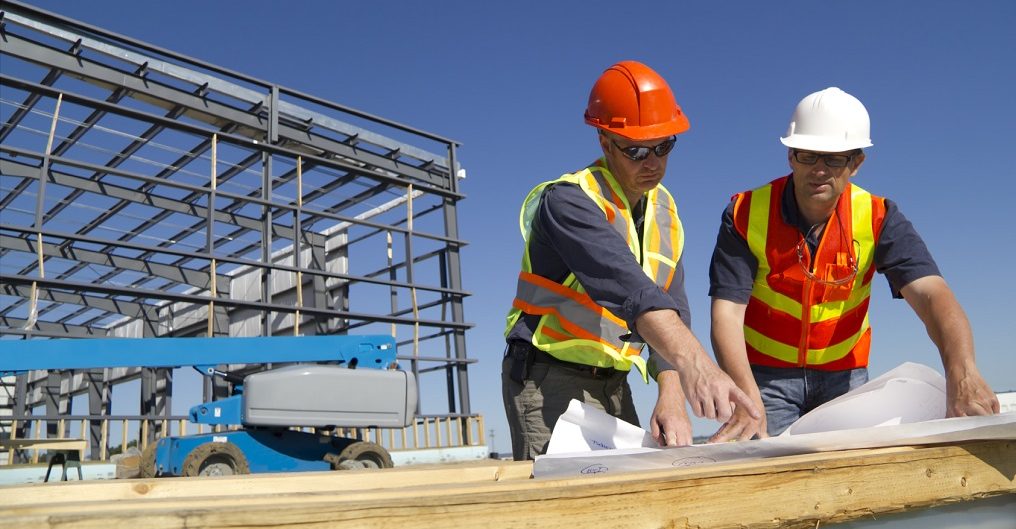Lean construction is all about efficiency. Construction firm owners should care about it because it has the potential to saves firms time and money. Lean construction accomplishes savings by allowing teams to complete jobs faster with less waste of materials, time and labor. This is especially important to construction companies after the end of the recession.
For a construction company, lean construction means that the company can complete more jobs per year and produce significantly less waste. This will increase profits and keep costs down. It helps construction firms to make more money in less time than is possible with traditional construction practices.
Efficient Safe Work Practices
Implementing lean practices into construction begins with a study of how a job is completed. Once the job is well understood, lean practices will simplify the process, reducing movement and the time it takes to complete the task.
For instance, if employees have to retrieve lumber from twenty feet away from where it is being used, the trip to retrieve the lumber is wasted time and energy.
In lean construction, the lumber would be closer to where it is being used in order to prevent the waste of time, money and energy used to retrieve the lumber. This creates less physical strain on workers and, as a result, improves safety on the site. Safety saves companies money from workman’s compensation claims and legal suits filed on behalf of an injured employee.
Reducing Waste
There are many types of waste: waste of product, time, energy and money. Lean construction works to minimize waste as much as possible. Instead of tossing discarded materials into the trash, lean construction tries to find a way to reduce the project’s waste of physical materials to save money.
Construction sites are often unorganized and inefficient, with different members of the crew working on separate projects at once. Lean construction seeks to streamline all of the processes of each unique building project so that the workers build both quickly and efficiently. This saves wasted time, energy and money on the construction site.
Jobs Are Finished Faster
Efficiency saves time and money for any construction site. The faster a project is completed, the faster you can sign on a new client. Once lean construction is pegged down, you can complete jobs more timely than you could before implementing lean practices. Manufactured housing is an example of a very lean process.
This is how modular homes are produced quickly and cost less than standard housing. Faster jobs equal more jobs per year for a construction company. This means you can see a significant increase in the amount of business you can take on. As the saying goes; Time is money. This is exceptionally true in the construction industry where clients expect you to respond quickly and continue to perform high-quality work.
Saves on Total Labor Costs
When employees are paid on an hourly basis, it is best for a construction firm to get as much done in each hour as possible. When processes are simplified and efficient, they take up less time and stretch the hourly wage a bit more. If the job is performed efficiently, it takes less time to complete a task, which will put you ahead of schedule.
If a job goes any length of time over schedule, you are paying hourly wages and losing money for each additional hour, without increasing the amount of money coming in. Labor costs are wasted when the process is not efficient. This means fewer clients, longer hours and less money for the firm. Lean construction prevents this.
Bottom Line: More Money, Less Waste
For construction firms and builders, lean construction translates to more money and less waste. This gives construction firms a competitive edge in a growing industry. Lean construction is a tool that will benefit any construction company.
 Jessica Kane is a professional blogger who writes for Federal Steel Supply, Inc., a leading steel tubing supplier of carbon, alloy and stainless steel pipe, tubes, fittings and flanges.
Jessica Kane is a professional blogger who writes for Federal Steel Supply, Inc., a leading steel tubing supplier of carbon, alloy and stainless steel pipe, tubes, fittings and flanges.

 Sign In
Sign In



